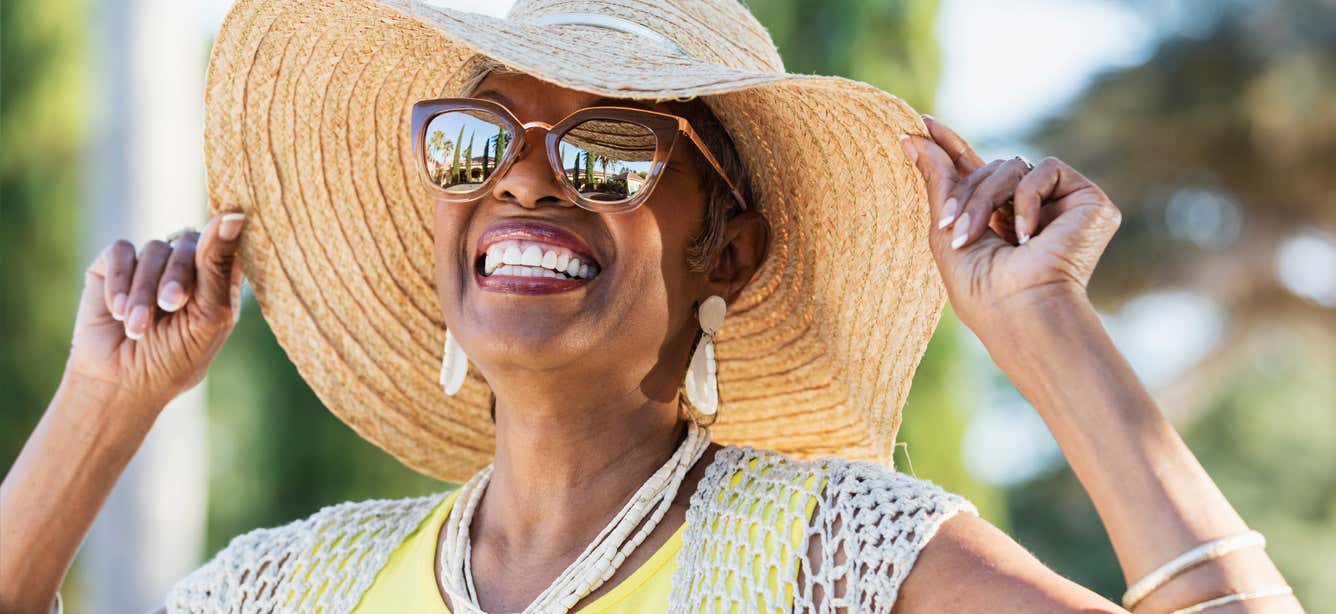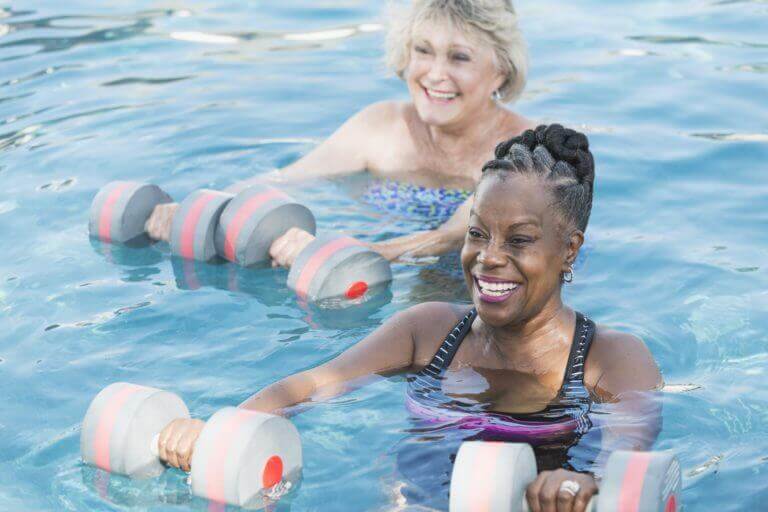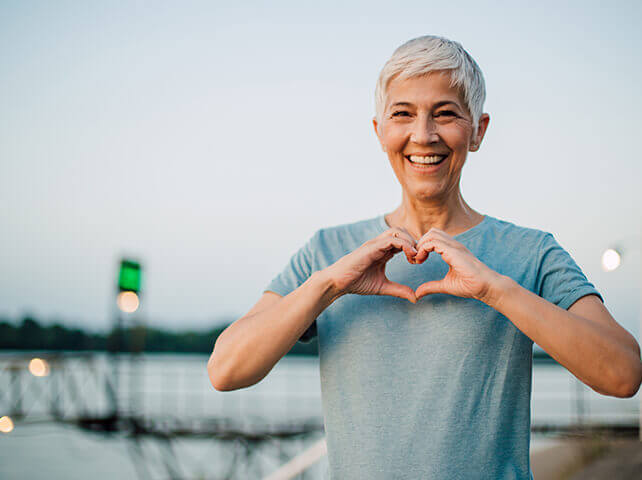The CDC announced on May 13, 2021 that fully vaccinated people can resume activities without wearing a mask or physically distancing, except where required by federal, state, local, tribal, or territorial laws, rules, and regulations, including local business and workplace guidance. According to the CDC, people are considered fully vaccinated:
• 2 weeks after their second dose in a 2-dose series, such as the Pfizer or Moderna vaccines, or
• 2 weeks after a single-dose vaccine, such as Johnson & Johnson’s Janssen vaccine
We share your enthusiasm about the news and are hopeful COVID-19 rates continue to decline. Because our community follows guidance from health and regulatory agencies, our policies reflect the following:
• Residents in independent living are no longer required to wear a mask in the independent living areas of the community if they are fully vaccinated unless required by local and state regulations, as mentioned above.
• All residents, regardless of vaccination status, must wear masks on any form of community-based transportation.
• Family and friends visiting residents in independent living need to wear a mask when entering and exiting and while in common spaces within a community. Masks can be removed when visitors are in a resident’s apartment.
• All residents in assisted living or memory care must continue to wear masks as required by the CDC for assisted living.
• All independent living residents, family, and friends visiting residents in the assisted living, memory care, or skilled nursing areas in communities must continue to wear masks and adhere to the safety protocols in these settings.
• Individuals taking part in a tour experience or attending an event at the community must wear a mask to meet with our team and experience the various areas of our community.
There are no changes to our mask policy for employees at this time, regardless of their vaccination status. The CDC states it is still learning how effective the vaccines are against variants of the virus that causes COVID-19. For the protection of residents and fellow employees, all community employees must wear masks, regardless of where they work within our community.
The health and safety of residents and employees remains our highest priority. We’ll continue to monitor the situation and adjust our protocol to help ensure the health and safety of our residents and employees. With further questions related to our COVID-19 protocols, please contact us directly.











